Alumni
[wpcol_1quarter id=”” class=”” style=””]
[/wpcol_1quarter][wpcol_3quarter_end id=”” class=”” style=””]
Jessica Alvarenga received her MS from California State University Los Angeles. Her work in DU2SRI was focused on design and development of advanced autopilots for autonomous helicopters.
[/wpcol_3quarter_end]
[wpcol_1quarter id=”” class=”” style=””]
[/wpcol_1quarter][wpcol_3quarter_end id=”” class=”” style=””]
Dr. Alexis N. Benini is a Subject Matter Expert (SME) and Optical Navigation Capability Lead at RedWire Space, Littleton, Colorado, USA. She is currently working for the Artemis Mission, as a consultant for Lockheed Martin (Human Space Flight Division) and NASA (Johnson Space Center). Previously, Dr. Benini was a Research Scientist at Germandrones GmbH, Berlin, Germany, where her duties included the design, development and implementation of navigation and control algorithms for VTOL (Vertical Take-off and Landing) UAVs. Until December 2016, Dr. Benini has worked as Research Scientist at the Unmanned Systems Research Institute (DU2SRI), Denver, Colorado, USA. While at the University of Denver, she also served as Adjunct Professor for the course of Computer Vision, during Winter quarter 2016. In 2014 Dr. Benini worked as an Algorithm Engineer at Civitanavi Systems S.r.l., Italy, focusing on the development of Inertial Navigation Systems and AHRS, based on Civitanavi’s proprietary Fiber Optic Gyroscope technology. In 2013, Dr. Benini was an exchange Ph.D. Student at the University of Denver working on vision aided autonomous landing for UAVs, using inertial sensors and GPU-based parallel computing methods. On March 2014, Dr. Benini received the Ph.D. degree in Automation Engineering at the Universita’ Politecnica delle Marche, Ancona, Italy. During the years as Ph.D. student, Dr. Benini worked on the European Project R3-COP, with Thales Italia, with focus on the development of localization algorithms using UWB (Ultra Wide Band) technology and simulation software for rapid prototyping of cooperating unmanned robots.
Dr. Benini’s research interests include the development of algorithms for localization and navigation of UAVs, Sensor Fusion algorithms, image-processing (including GPU-based computation) and high-performance embedded systems. She is author of 16 publications in International Conferences / Journals on Unmanned Systems. Furthermore, she is the principal author of 2 patents, in collaboration with the University of Denver, Co, USA.
[/wpcol_3quarter_end]
[wpcol_1quarter id=”” class=”” style=””]
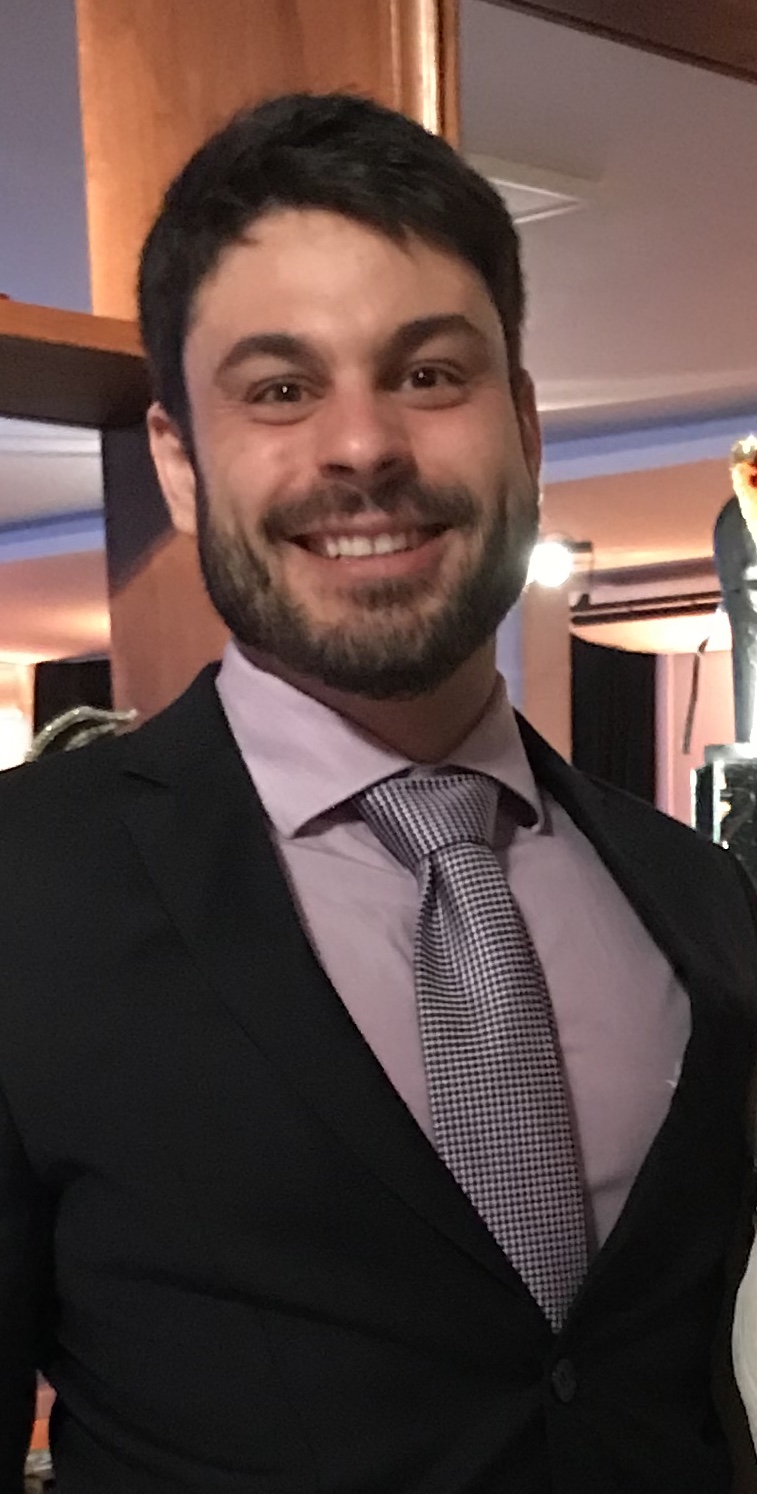
[/wpcol_1quarter][wpcol_3quarter_end id=”” class=”” style=””]
Adriano Bittar received his MS from Aeronautics Institute of Technology, Brazil. His work in DU2SRI was focused on design and development of SIL and HIL for simulations of GNC algorithms for UAV and UGV.
[/wpcol_3quarter_end]
[wpcol_1quarter id=”” class=”” style=””]
[/wpcol_1quarter]
[wpcol_3quarter_end id=”” class=”” style=””]
Chris Brune received his BS and MS degrees in Electrical Engineering and also the MBA degree from the University of Denver. During his experience working at DU2SRI, he helped to design and develop small mobile ground vehicles to be used in leader-follower formation control applications. Chris currently works as an Engineering Program Manager at Apple Inc. where he leads cross-functional engineering teams in various research & development projects within Apple’s Hardware Technology organization. Prior to Apple, Chris was a participant in the Engineering Leadership Development Program at Lockheed Martin Space Systems company where he worked in multiple hardware and software engineering roles for various UAV and Space programs, including the NASA Orion Program. Chris currently resides in the San Francisco Bay Area.
[/wpcol_3quarter_end]
[wpcol_1quarter id=”” class=”” style=””]
[/wpcol_1quarter] [wpcol_3quarter_end id=”” class=”” style=””]
Dr. Steve Conyers was born and raised in Denver, Colorado where he received a BS in Mechanical Engineering at the University of Denver. He also received his MS at the University of Denver in Mechatronic Systems Engineering, working in the area of integrated mechanized mobile landing platforms for unmanned helicopters. He received his PhD student in Mechatronics Systems Engineering at the University of Denver. His research is in the modeling and characterization of close quarter multirotor UAV flight in indoor environments. His skills include machine design/stress analysis, Computer Aided Design (CAD) using SolidWorks, Finite Element Analysis using Abaqus, circuit/PCB design using EAGLE, machining and fabrication.
[/wpcol_3quarter_end]
[wpcol_1quarter id=”” class=”” style=””]
[/wpcol_1quarter]
[wpcol_3quarter_end id=”” class=”” style=””]
Maddy Drosendahl received her BS in Mechanical Engineering at the University of Denver in 2018. Her research at DU2SRI focused on the effects of sweeping jet actuators on UAV architectures, an effort which led to an internship at NASA.
[/wpcol_3quarter_end]
[wpcol_1quarter id=”” class=”” style=””]
[/wpcol_1quarter]
[wpcol_3quarter_end id=”” class=”” style=””]
Racheal Erhard received her BS degrees in Mechanical and Electrical Engineering from the University of Denver in 2018. Her research while at DU2SRI focused on unconventional wing design for improving efficiency in unmanned vehicles, mainly looking into morphing wing technologies. This research led to a summer internship at NASA Langley Research Center, where she worked on the design and analysis of a lightweight UAV for maximizing payload carrying capabilities.
[/wpcol_3quarter_end]
[wpcol_1quarter id=”” class=”” style=””]
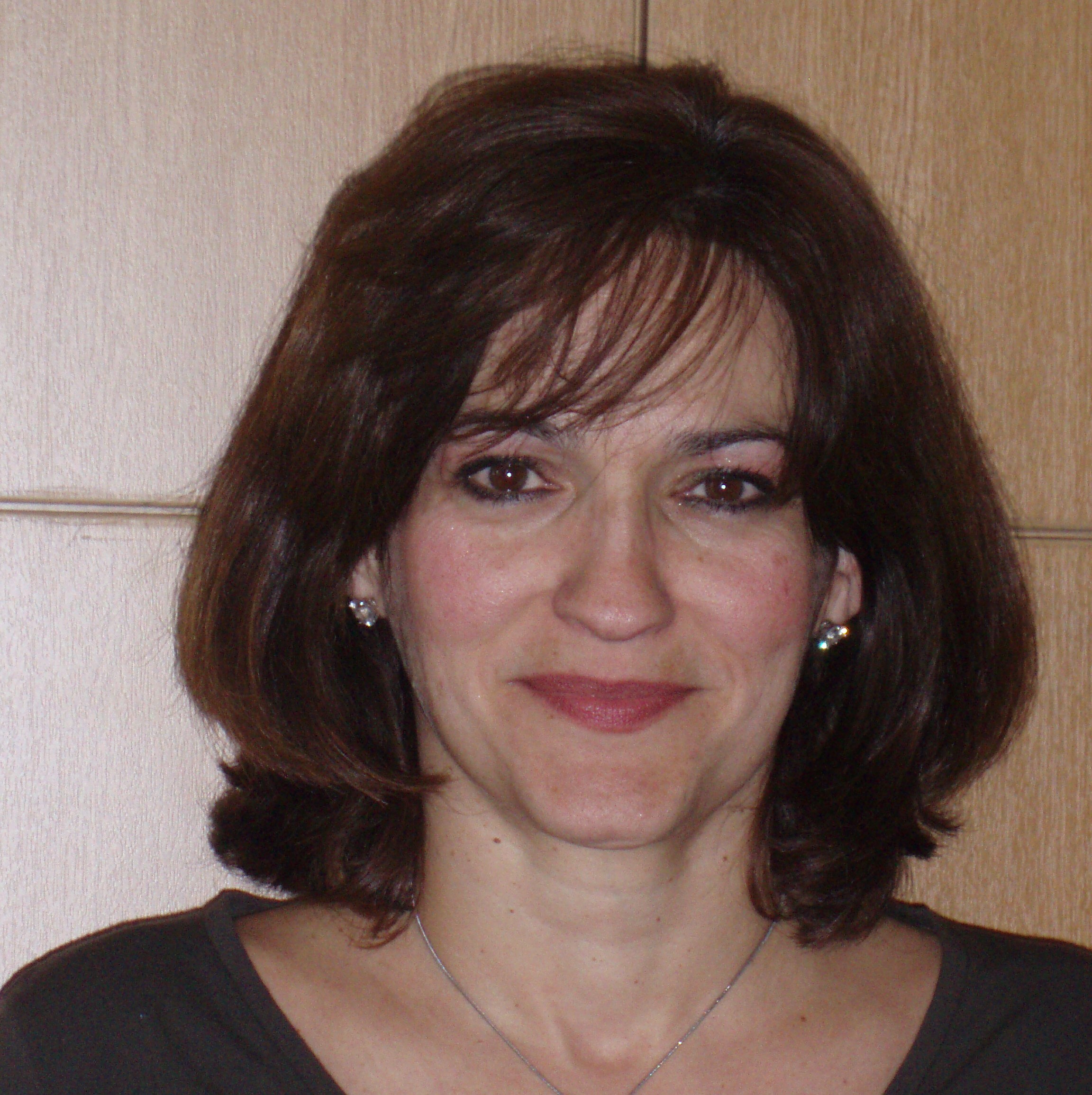
[/wpcol_1quarter]
[wpcol_3quarter_end id=”” class=”” style=””]
Dina Fragkedaki was the Visiting Managing Administrator of the DU2SRI. She has a Master of Science (M.Sc.) in Social and Technological Development and a Bachelor of Arts and Sciences in Social and Political Sciences. She is the Assistant to the Editor-in-Chief, Journal of Intelligent and Robotic Systems, published by Springer. She has been an organizing committee member of international conferences and workshops. She has participated in Research Groups conducting studies for the operation of International Organizations and international relations/policies between countries. Her expertise is in Project Management, Technology transfer, Intellectual Property Rights, Patents and new product development. Prior to joining to DU she was Director, Administrative Branch, Office of Research Planning and Development at the Technical University of Crete, Greece.
[/wpcol_3quarter_end]
[wpcol_1quarter id=”” class=”” style=””]
[/wpcol_1quarter]
[wpcol_3quarter_end id=”” class=”” style=””]
Jonathan Girwar-Nath received his MS in Mechatronic Systems Engineering degree from the Electrical and Computer Engineering Department at the University of Denver. His research focused on the development of autopilot software and hardware integration for unmanned fixed-wing aircraft. Jonathan received his BS degrees from the University of South Florida.
[/wpcol_3quarter_end]
[wpcol_1quarter id=”” class=”” style=””]
[/wpcol_1quarter]
[wpcol_3quarter_end id=”” class=”” style=””]
Dr. Roy Godzdanker received his PhD in Mechatronics Systems Engineering from the Department of Electrical and Computer Engineering in 2011. His research focused on the design and development of ISLANDS: A Self-Leveling landing platform for autonomous miniature UAVs.
[/wpcol_3quarter_end]
[wpcol_1quarter id=”” class=”” style=””]
[/wpcol_1quarter]
[wpcol_3quarter_end id=”” class=”” style=””]
Dr. Konstantinos Kanistras received his Ph.D. degree in Electrical and Computer Engineering from the University of Denver in 2016. He received his MS.c degree in Aerospace Engineering from the University of Bath, U.K. in 2008 and his Bachelors degree in Physics from the University of Patras, Greece. Prior joining to UAH, Kostas was a research scientist at DU Unmanned Systems Research Institute (March 2016-December 2017).
[/wpcol_3quarter_end]
[wpcol_1quarter id=”” class=”” style=””]
[/wpcol_1quarter]
[wpcol_3quarter_end id=”” class=”” style=””]
Dr. Michael Kontitsis was an Assistant Teaching Professor in the Department of Electrical and Computer Engineering at DU. Dr. Kontitsis also worked as a researcher in DU2SRI while at DU focusing on robot control and motion planning.
[/wpcol_3quarter_end]
[wpcol_1quarter id=”” class=”” style=””]
[/wpcol_1quarter]
[wpcol_3quarter_end id=”” class=”” style=””]
Joseph Lewis received his BS and MS degrees from the Department of Computer Science at the University of Denver. His research focused on the development of autopilot software for unmanned helicopters.
[/wpcol_3quarter_end]
[wpcol_1quarter id=”” class=”” style=””]
[/wpcol_1quarter]
[wpcol_3quarter_end id=”” class=”” style=””]
Dr. Goncalo Martins received his PhD degree from the Electrical and Computer Engineering Department at DU. Dr. Martins conducts research on embedded and distributed systems and swarm theory. Goncalo Martins received the BSE and MS degrees from the New University of Lisbon, Sciences and Technology in Lisbon, Portugal.
[/wpcol_3quarter_end]
[wpcol_1quarter id=”” class=”” style=””]
[/wpcol_1quarter]
[wpcol_3quarter_end id=”” class=”” style=””]
Florence Mbithi received her Master’s degree from the Department of Electrical and Computer Engineering at the University of Denver, pursuing the Mechatronic Systems Engineering degree program. Her research focus is on the design of a propulsion system for compact propeller-less AUVs. Florence completed her Bachelor’s degree in Mechanical Engineering from the University of Nairobi, Kenya.
[/wpcol_3quarter_end]
[wpcol_1quarter id=”” class=”” style=””]
[/wpcol_1quarter]
[wpcol_3quarter_end id=”” class=”” style=””]
Dr. Michail G. Michailidis received his B.Sc. in Mathematics and M.Sc. in Applied Mathematics from the Aristotle University of Thessaloniki, Greece. He joined the University of Denver in 2015 for a Ph.D. in Electrical Engineering and he is currently a research assistant at DU2SRI. His research project is controller design for unmanned aerial vehicles with time-varying aerodynamic uncertainties and his area of expertise is modeling, control and performance optimization of dynamical systems.
[/wpcol_3quarter_end]
[wpcol_1quarter id=”” class=”” style=””]
[/wpcol_1quarter]
[wpcol_3quarter_end id=”” class=”” style=””]
Sanjana Reddy Mohan received her Bachelor of Engineering in Electrical and Electronics Engineering from Bangalore University, India in 2016 and her M.Sc. degree in Mechatronic Systems Engineering from the Department of Electrical and Computer Engineering at the University of Denver in 2019. Her research focused on developing a mathematical model for 3D formation control of Unmanned Aerial Vehicles using artificial potential field theory.
[/wpcol_3quarter_end]
[wpcol_1quarter id=”” class=”” style=””]
[/wpcol_1quarter]
[wpcol_3quarter_end id=”” class=”” style=””]
Jason Monast received his MS in Computer Engineering from the Department of Electrical and Computer Engineering in 2014. His work in DU2SRI was on autonomy for ground robots.
[/wpcol_3quarter_end]
[wpcol_1quarter id=”” class=”” style=””]
[/wpcol_1quarter]
[wpcol_3quarter_end id=”” class=”” style=””]
Erik Moore received his M.S. degree from the Electrical and Computer Engineering Department at the University of Denver. His research focuses on developing a software defined radar testbed for rapid prototyping and evaluation of novel detection, tracking, and identification radar specifically for commercial UAV targets. His skills includes DSP/Machine learning algorithm prototyping and implementation, SDR/embedded systems programming, RF/microwave systems development, and antenna theory and design. He received a B.S. in Electrical Engineering from Georgia Institute of Technology in 2016.
[/wpcol_3quarter_end]
[wpcol_1quarter id=”” class=”” style=””]
[/wpcol_1quarter]
[wpcol_3quarter_end id=”” class=”” style=””]
Dr. Allistair Moses received his B.S. degree in Electrical Engineering from the University of South Florida in 2009. He completed his PhD degree in Mechatronic Systems Engineering from the University of Denver where his dissertation work focused on the design, development, and testing of miniature RADAR sensors for unmanned aircraft collision avoidance.
[/wpcol_3quarter_end]
[wpcol_1quarter id=”” class=”” style=””]
[/wpcol_1quarter]
[wpcol_3quarter_end id=”” class=”” style=””]
Pierluigi Pannozzi is a current MSc student in the Mechanical and Aerospace Engineering department at the Polytechnic of Turin, Italy. Pierluigi is working on his master thesis at the University of Denver focusing on Urban Monitoring of Smart Communities Using UAVs. His research involves building a simulated world scenario in Gazebo, adding inside it actors, animated models like running people, walking people, cars, buses, trains etc. His work includes the integration into this world of a UAV in order to simulate the urban monitoring thanks to its FPV (First Person View) camera sensor. The UAV will be controlled by the Ground Control Station software called QGroundControl, SITL (Software In The Loop) and ROS (Robot Operating System) and it will monitor a simulated district of the city of Turin: the Polytechnic of Turin area. Pierluigi is from Terracina (LT), Italy. He received his BS in Aerospace Engineering from the University of Rome La Sapienza in December 2015.
[/wpcol_3quarter_end]
[wpcol_1quarter id=”” class=”” style=””]
[/wpcol_1quarter]
[wpcol_3quarter_end id=”” class=”” style=””]
Dr. Daniele Sartori received his PhD degree from the Politecnico di Torino, Italy. His research focuses on flight mechanics and advanced control laws for fixed-wing Unmanned Aircraft Vehicles (UAVs). He was an exchange PhD student at the University of Denver where he was designing, developing and testing an autopilot configuration based on nonlinear control techniques. Daniele Sartori was awarded a B.S. and a M.S. at the Politecnico di Torino, the final year of the M.S. and the final research thesis were completed at the University of Bristol, United Kingdom.
[/wpcol_3quarter_end]
[wpcol_1quarter id=”” class=”” style=””]
[/wpcol_1quarter]
[wpcol_3quarter_end id=”” class=”” style=””]
Dr. Nikos Vitzilaios received his PhD degree in Production Engineering & Management from the Technical University of Crete, Greece. From 2011-2012 he was a Postdoctoral Fellow in the Department of Electrical & Computer Engineering, University of Alberta, Canada. From 2013-2015 he was a Research Scientist in the Department of Electrical & Computer Engineering, University of Denver. He worked on the design and development of autonomous navigation systems for UAVs, UGVs and AUVs. His research focuses on perception and control of unmanned systems.
[/wpcol_3quarter_end]

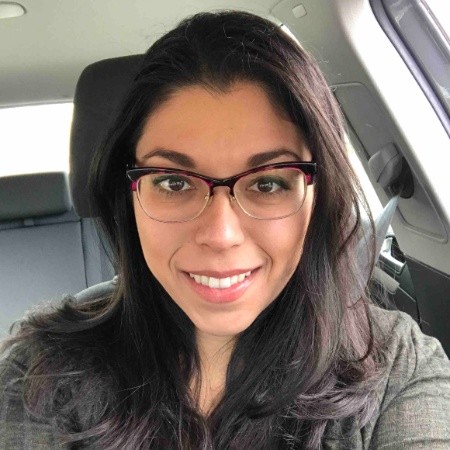



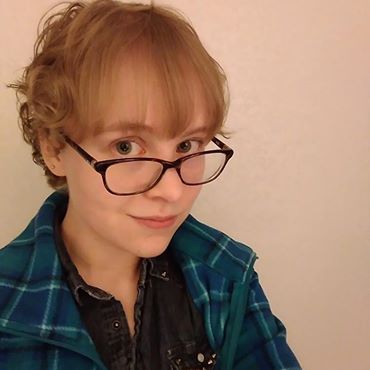
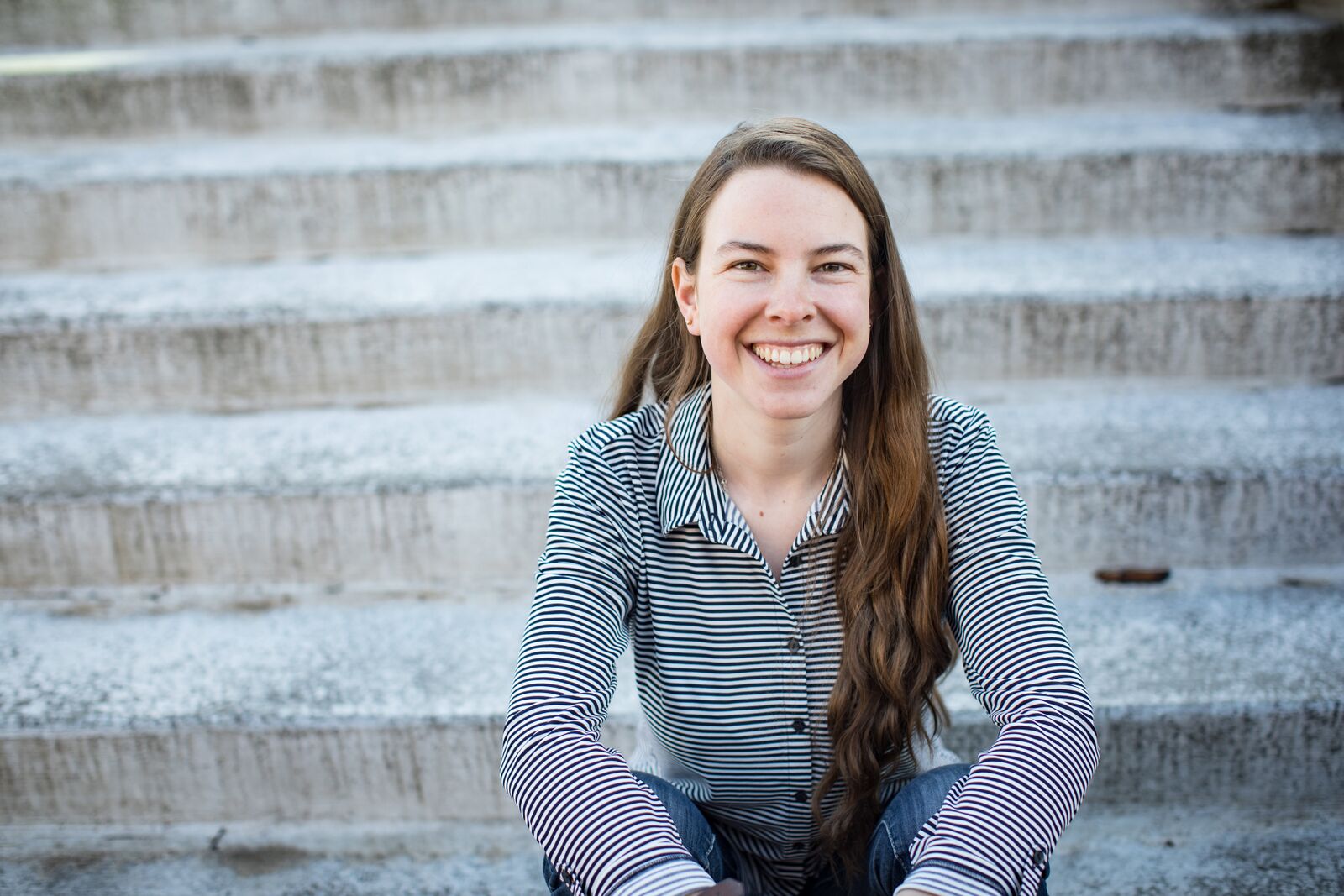
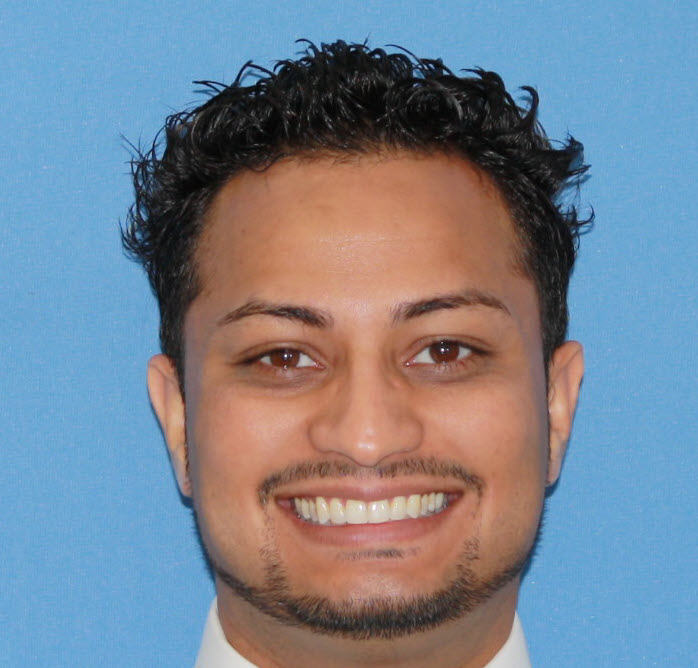

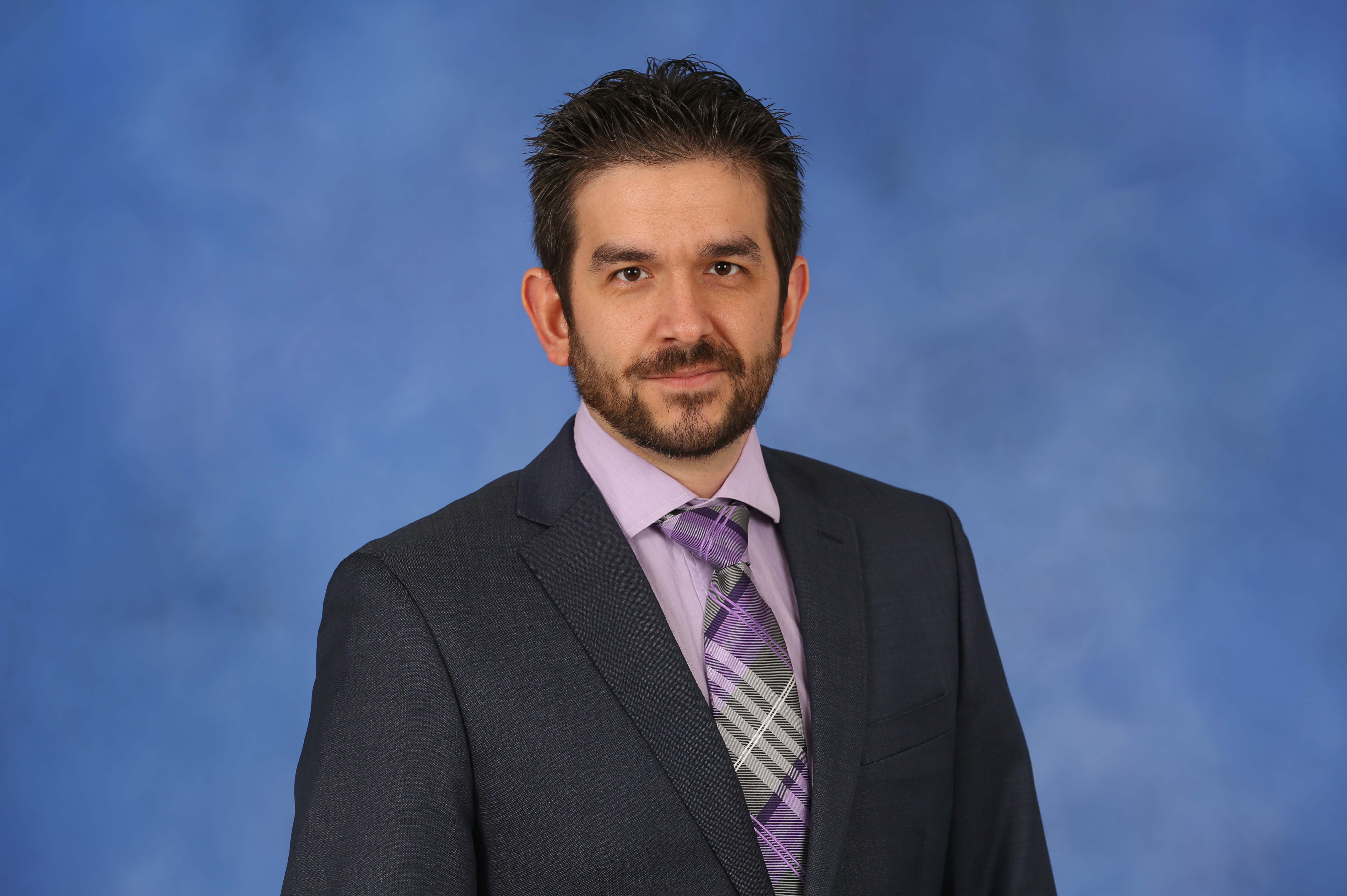
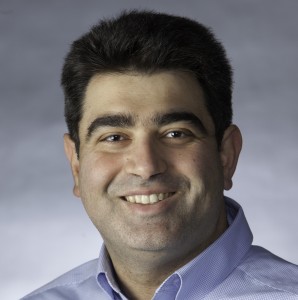

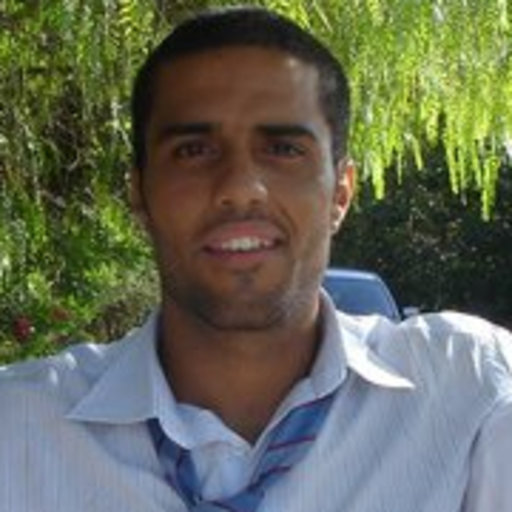

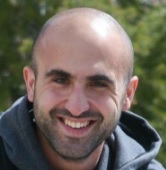
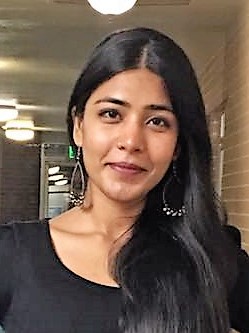

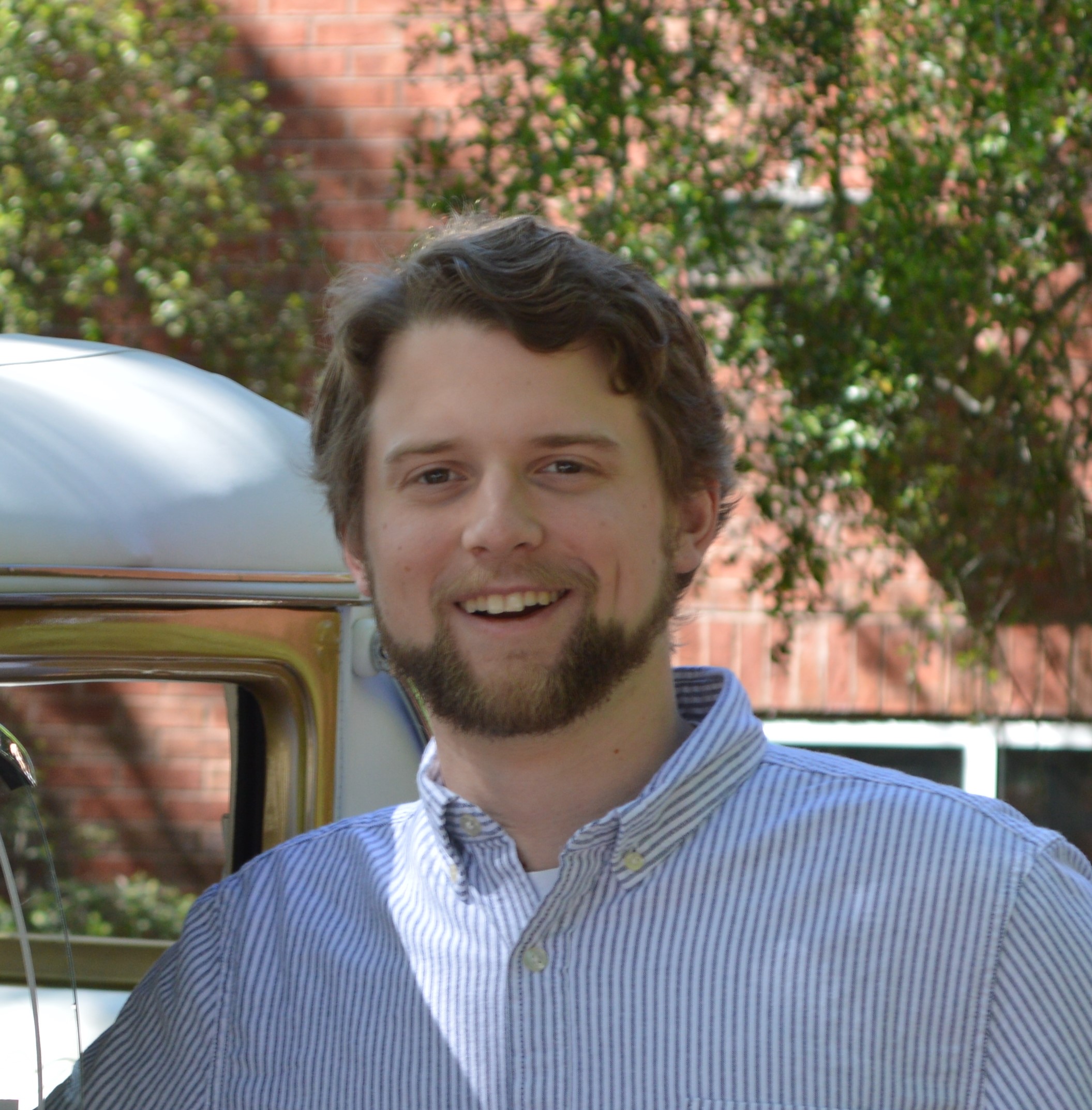
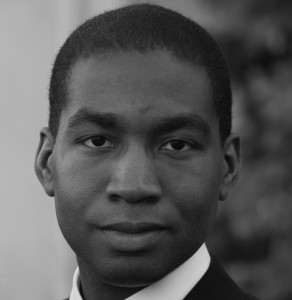
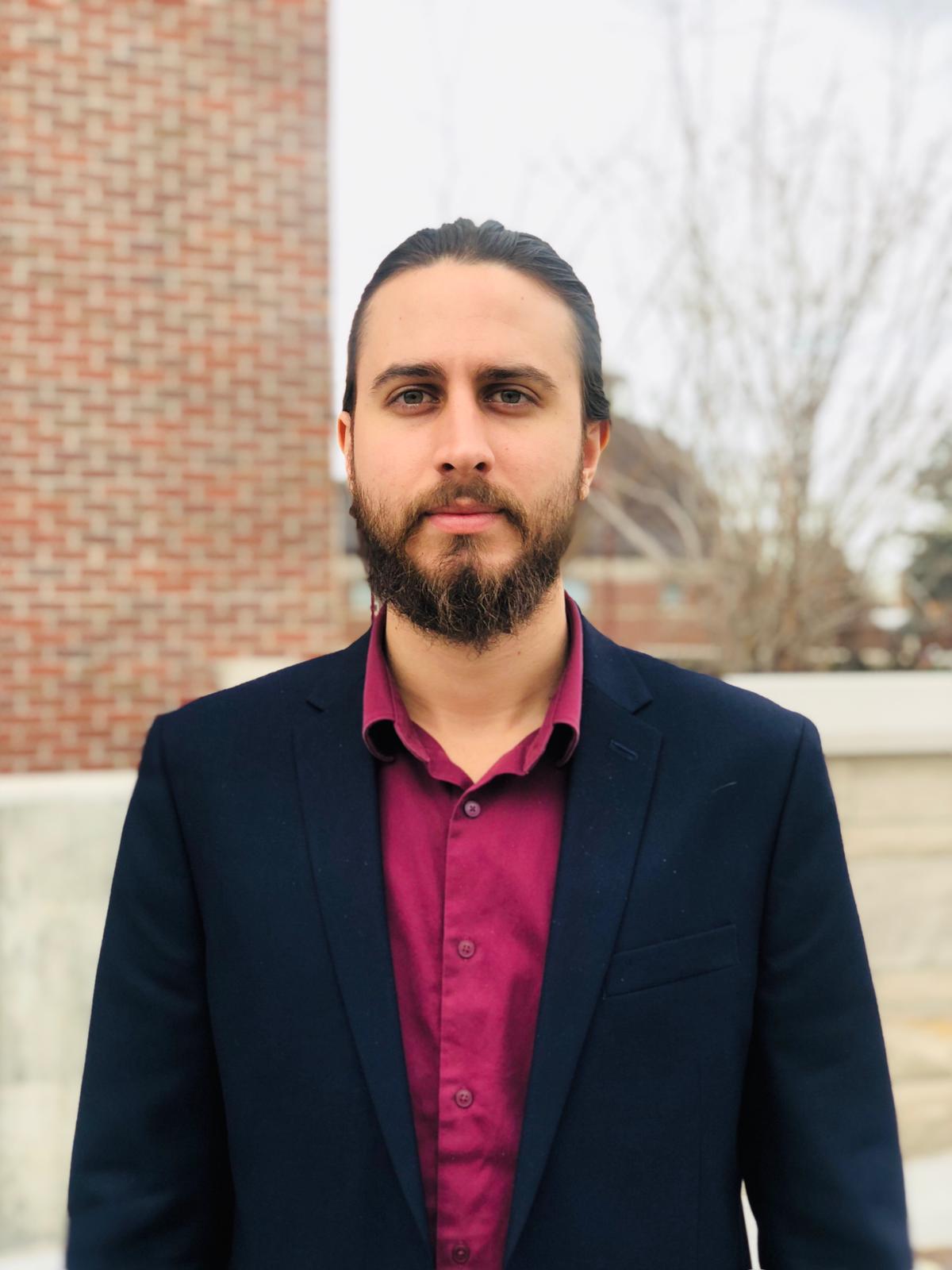
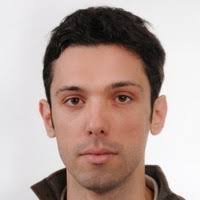
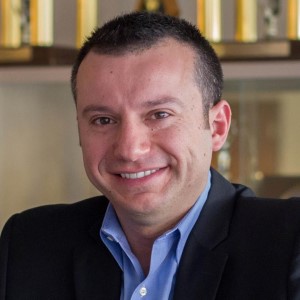
 D5 Creation
D5 Creation